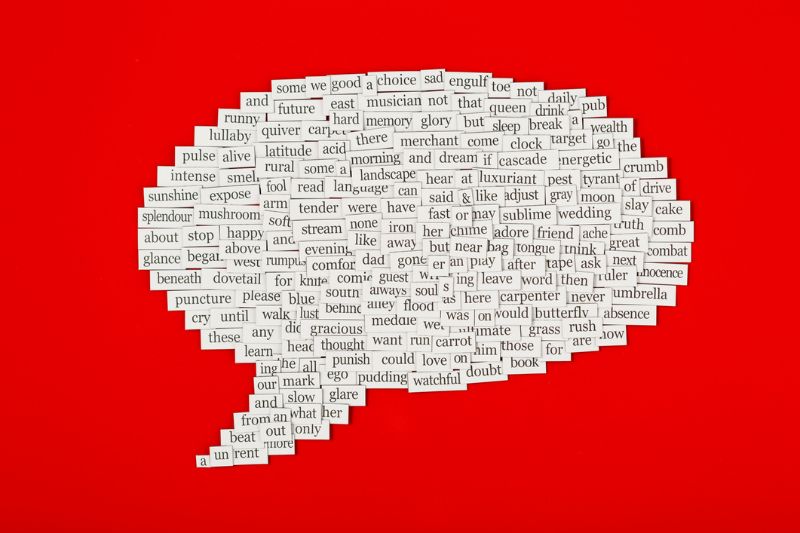All politicians work with words, but some of these representatives of the people are more quotable than others. Benjamin Disraeli, twice Conservative Prime Minister of Britain during the 19th century, and the only PM to have been born Jewish, was a noted wit. Dizzy was a gas, said an American friend, and how right he was. Said Dizzy was perhaps most famous for his deathbed refusal to let Queen Victoria visit him: his excuse was that ‘she only wants me to give a message to Albert’. But he was also the author of the oft-quoted line ‘Never complain and never explain’. As well, he had the politician’s ability to wriggle out of trouble while still making a point: ‘Mr Speaker, I withdraw my statement that half the cabinet are asses; half the cabinet are not asses.’ Wikipedia lists 547 quotations for Dizzy.

William Gladstone, also Prime Minister of Britain with a total of 12 years in the position, and Disraeli’s arch-rival, has only 70 quotations listed, but they all seem very sensible. They have also lasted. Gladstone was such a believer in equality in an age of inequality that he was known as The People’s William.
Moving closer to our own time and in Australia, we can remember Malcolm Fraser’s Life wasn’t meant to be easy. ‘The man is clearly a heretic,’ harrumphed an Anglican clergyman of my acquaintance, quoting Biblical verses about the fullness of joy. Political rivals Fraser and Gough Whitlam were both raised by Presbyterian parents and their expressed ideas reflected this background. One of Whitlam’s quotable quotes is also a crisp comment on life in general: The punters know that the horse named Morality rarely gets past the post, whereas the nag named Self-Interest always runs a good race.
As usual, and as I write, I am ten thousand miles away from my native land; I am also feeling bewildered, as I often do even after so long in Greece. But this time I am bewildered by recent events in Australia. Melburnian friends are in town, having cast their Voice referendum votes before they set off for Greece. They voted YES, but really wondered what all the fuss was about. So did I, disenfranchised as I am. And I still wonder.
My friends and I are much of an age, and like me, they thought the inclusion of a First Nations people’s voice in the constitution should have been automatic long ago. We can all remember the 1967 referendum, when the question about the Aborigines’ inclusion in the census passed very easily in all six states, with about 90 per cent of voters in favour.
What has changed since then? A great deal, I suppose, when one thinks of the nation as a whole, but some things have remained the same: the struggle that so many First Nations people have, for example. As is well known, their life expectancy is eight years lower than that of non-indigenous Australians, their suicide rate is twice the national average, and in the areas of health, education and infant mortality First Nations people lag significantly behind. It is an appalling state of affairs, and one that perhaps a Voice in Parliament might have been able to do something to change.
'I’m always urging people to read more history, to take more heed of wise voices from the past. Gladstone’s was one. Justice delayed is justice denied. And take heed, Australia: National injustice is the surest road to national downfall.'
But no. And it was NO that triumphed, although triumph is a far from appropriate word. I hear stories of untruths, misinformation, manipulation by the media, strategies taken from the Trump playbook, reports of a nation divided, and of a people deprived. 65000 years on the island continent, the oldest culture on earth: why do First Nations people have to bear so many burdens? The voices of Fraser and Whitlam echo down the years: these First Nations lives are far from easy, and the horse named Morality has certainly not passed the post in this race. Rather it is the nag named Self-Interest, ridden by politicians and media moguls of a certain stripe, that has run a successful race. Although it is far from being a good one, at least not in my view.
I’m always urging people to read more history, to take more heed of wise voices from the past. Gladstone’s was one. Justice delayed is justice denied. And take heed, Australia: National injustice is the surest road to national downfall. Disraeli’s was another. In politics there is no honour. Well, perhaps there are exceptions to Dizzy’s rule, but not often.
Let Gough Whitlam have the last word. Australia’s treatment of her Aboriginal people will be the thing on which the world will judge Australia and Australians. Not just now, but in the greater perspective of history.
We have not treated the first Australians well. Not at all.
Gillian Bouras is an expatriate Australian writer who has written several books, stories and articles, many of them dealing with her experiences as an Australian woman in Greece.
Main image: (Getty images)